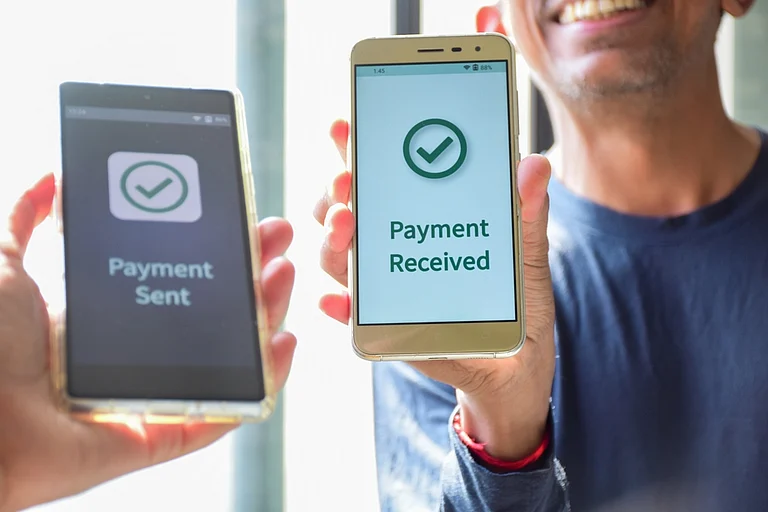
Summary of this article
Rapid job offers without reviewing skills or portfolio indicate scam.
Unusually high pay or vague terms often signal fraudulent offers.
Verify clients and use contracts to safeguard freelance earnings.
Freelancing gives you freedom, the chance to work on your own terms, choose projects you enjoy, and turn your skills into real income. But with this freedom risks also comes. The gig economy is growing fast, so are scams. Fake job offers are now a common trap, especially for freelancers who are just starting out or eager to grab opportunities quickly.
So, obtaining clients isn't the only goal of freelancing, you also need to protect yourself. Being able to recognize warning signs early on can help you avoid financial loss, time waste or needless stress.
Red Flags of Fake Job Offers
If an offer comes too quickly without reviewing your skills or portfolio, it is a warning sign. Rapid hiring without proper discussion is often used to pressure freelancers into agreeing too soon.
If the pay seems unusually high for the work required, it could be a trap. Offers that appear too good to be true are commonly used to lure freelancers into scams.
If you cannot find clear, verifiable information about the client or company, you should be cautious. Missing websites, social media profiles, or other reliable details can indicate a fraudulent offer.
If a client asks for upfront payments or requests sensitive personal or financial information, it is a major red flag. These demands are often used to exploit freelancers.
If the project details, deadlines, or payment terms are vague or missing, the offer may not be legitimate. Lack of clarity about the scope or payment can be a sign of a scam.
How to Protect Yourself from Freelance scam
Before accepting any work as a freelancer, always investigate the customer or business. Check for authenticity by visiting their website, social media accounts, or reviews left by other gig workers. Make use of reputable freelance platforms that will safeguard your money and provide assistance in the case of an emergency. Also, don't begin working unless you have a written contract that specifies your responsibilities, deadlines and payment terms.
Never agree to pay money up front for training, software, or any fees. Real clients don't ask for that. Ask questions if something seems hurried or imprecise, and follow your intuition. Also, if the offer doesn't seem right, don't hesitate to walk away. Taking these simple steps will protect your money and your work, so you can focus on building a freelancing career that lasts.










